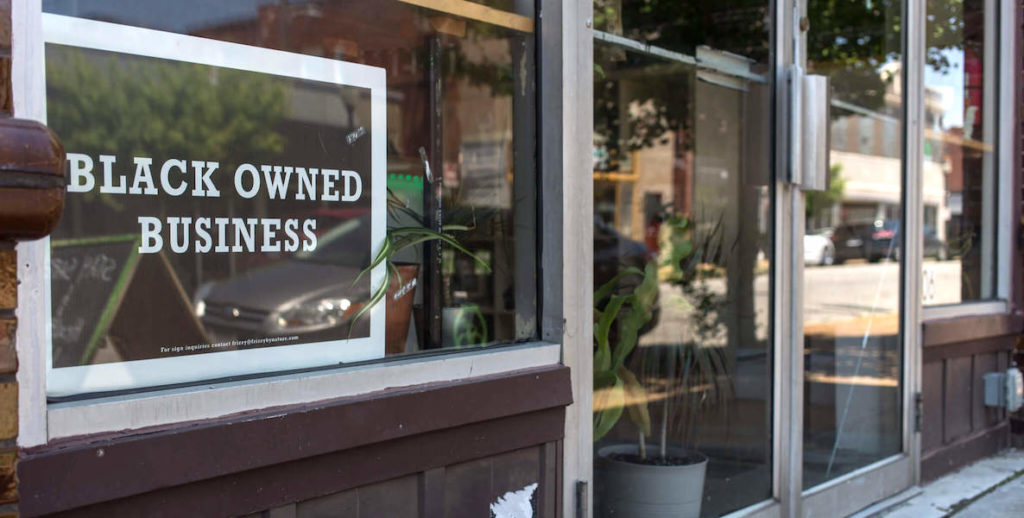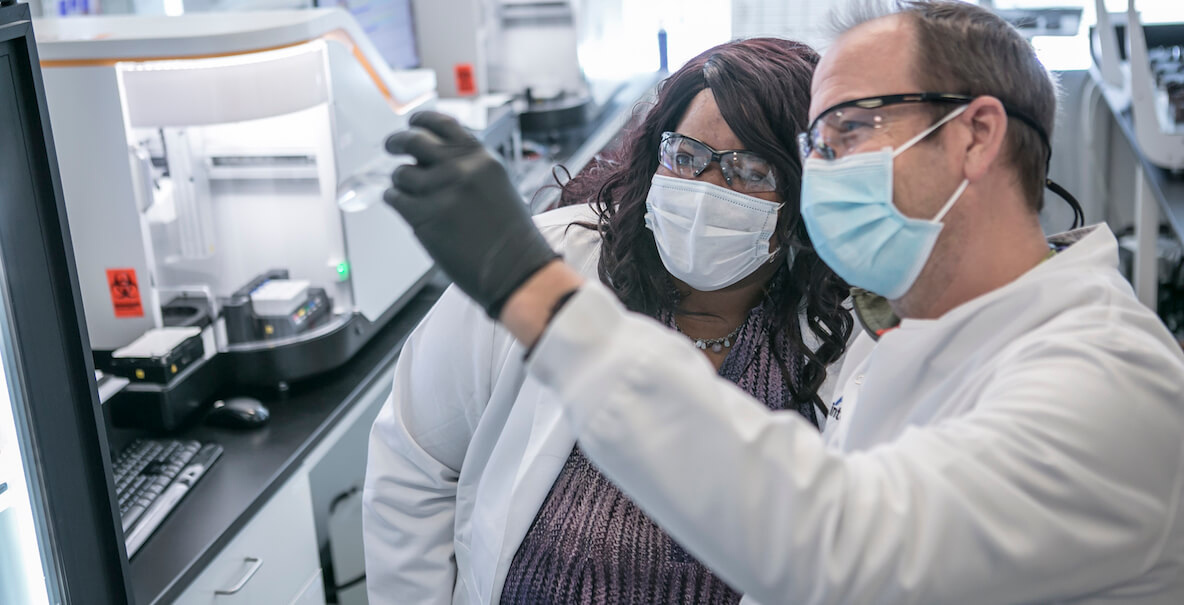If the number of people who lost their jobs due to Covid is added to the downtown workers who no longer travel into the city, and you add in Philadelphians below the poverty line you could fill up Lincoln Financial Field with fans seven times (the Linc holds about 70,000 people).
That’s a staggering number that should make every public official, business and civic leader, and resident sit up and take notice as the city faces the largest economic stresses it has confronted in decades.
As bad as the Covid crisis has been, we must keep in mind that even prior to the sharp pandemic-related job losses and business closures, Philadelphia was the poorest big city in the country, whose job growth trailed the nation’s, with the majority of new jobs paying lower wages.
The biggest threats to the city’s future—its deep poverty, too high unemployment and slow growth of family-sustaining jobs—require rethinking the way we are addressing the challenges (and opportunities) before us.
Although there continues to be an important debate in Washington, D.C. about additional public support, that aid will be temporary. Now is the time for elected leaders to focus on what it will take to help struggling companies and spur job creation. It is critical that businesses be in a position to put people back to work.
![]()
If we are going to rebuild a stronger, more inclusive, more equitable, economy and community, we must begin by focusing on equitable job and business growth for city residents first, second and third.
The new partnership integrates the work of the Chamber’s Recharge and Recover initiative, a public-private inclusive economic recovery plan with the Commonwealth of Pennsylvania, the mayor, and City Council along with 160 business and civic leaders.

These three initiatives are just a sample of our broader efforts to accelerate an inclusive and equitable recovery for Philadelphia.
When I served in the Pennsylvania Senate, I discovered that the bills my fellow colleagues introduced were well-meaning with good intention even if I disagreed with the policy. Sadly, today we are in the midst of what feels like a never-ending hyper-ideological social media age that seeks to cancel individuals based on past associations or current beliefs. Civilized debate seems non-existent.
Key issues the new partnership will focus on are the consideration of legislation and regulations that will make it easier to create or sustain city jobs, including:
- Ensuring funding for a comprehensive neighborhood commercial corridor and small business recovery plan.
- Incentives for local procurement.
- Increasing the BIRT tax exemption for small and micro businesses.
- Restarting and accelerating wage and business tax reductions, which will benefit small business owners.
- Continuing regulatory reforms that make it easier for entrepreneurs to do business in the city.
Additionally, the Chamber and its members have offered to be a resource for government as it considers policy decisions, including government spending and operations to ensure that critical post-Covid services are being provided.
Let us begin to change and work better together on a shared advocacy agenda for our city government so that we can move forward through this pandemic, recover, and end up better off then we could have ever imagined.
Coming together is a beginning. Keeping together is progress. Working together is success. Let us be outrageously successful.
The Citizen is one of 20 news organizations producing Broke in Philly, a collaborative reporting project on solutions to poverty and the city’s push towards economic justice. Follow the project on Twitter @BrokeInPhilly.
Rob Wonderling is president and CEO of the Chamber of Commerce for Greater Philadelphia. He served in the Pennsylvania Senate from 2002 to 2009.


